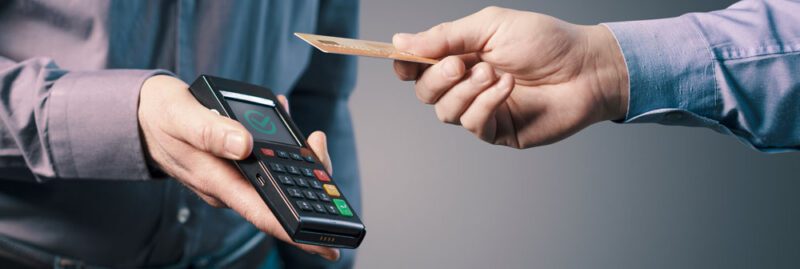Contactless Card Payments May Soon Have No Limit
Tapping your card at the checkout might soon replace typing in your PIN almost entirely. Under new proposals from the Financial Conduct Authority (FCA), banks and payment providers could be given the power to raise, or even remove, the £100 cap on contactless card payments. If approved, it could mean shoppers paying for a big weekly supermarket shop, a family dinner, or even higher-value purchases with nothing more than a single tap.

A Shift Towards Frictionless Payments
When contactless cards first launched back in 2007, the limit was just £10. Since then, it has risen steadily: £15 in 2010, £20 in 2012, £30 in 2015, £45 in 2020 during the pandemic, and £100 in 2021. The FCA’s latest proposal could bring physical cards in line with digital wallets, such as Apple Pay and Google Pay, which already have no upper limit thanks to built-in biometric security.
The regulator says this change reflects how consumer habits are evolving, with speed, convenience, and “less payment friction” becoming priorities.
Security Concerns Remain
Every increase has raised fears about fraud. And while fraud losses are expected to rise if limits are lifted, the FCA argues that detection systems are improving all the time. Providers would also carry the burden of covering losses, meaning consumers remain protected. As FCA’s David Geale put it: “People are still protected. Even with contactless, firms will refund your money if your card is used fraudulently.”
Banks already allow customers to set their own contactless limits — sometimes even below £100, or to turn off the feature entirely. The FCA expects this flexibility to become more widely available if the changes go ahead.
Not Everyone Is On Board
Interestingly, most people don’t actually want the change. In a consultation, 78% of consumers said they preferred to keep the current £100 limit. Some worry about fraud, others about overspending.
The FCA acknowledged these concerns but emphasised that providers could give customers more choice over their own limits, rather than enforcing a blanket rule.
What Happens Next?
The proposals are currently open for consultation until 15 October. If they’re approved, higher-value tap-and-go payments could be introduced as early as next year.
Payment terminals would need updating, as most currently reject card transactions over £100 automatically. But once those systems are in place, the humble PIN could become a rarity.
Other countries, including Canada, Australia, and New Zealand, already let the industry set its own limits, so the UK would hardly be alone in making the move.
And with younger shoppers increasingly relying on mobile payments (nearly three-quarters of 16–24-year-olds already do), this could be another step towards a fully contactless future.